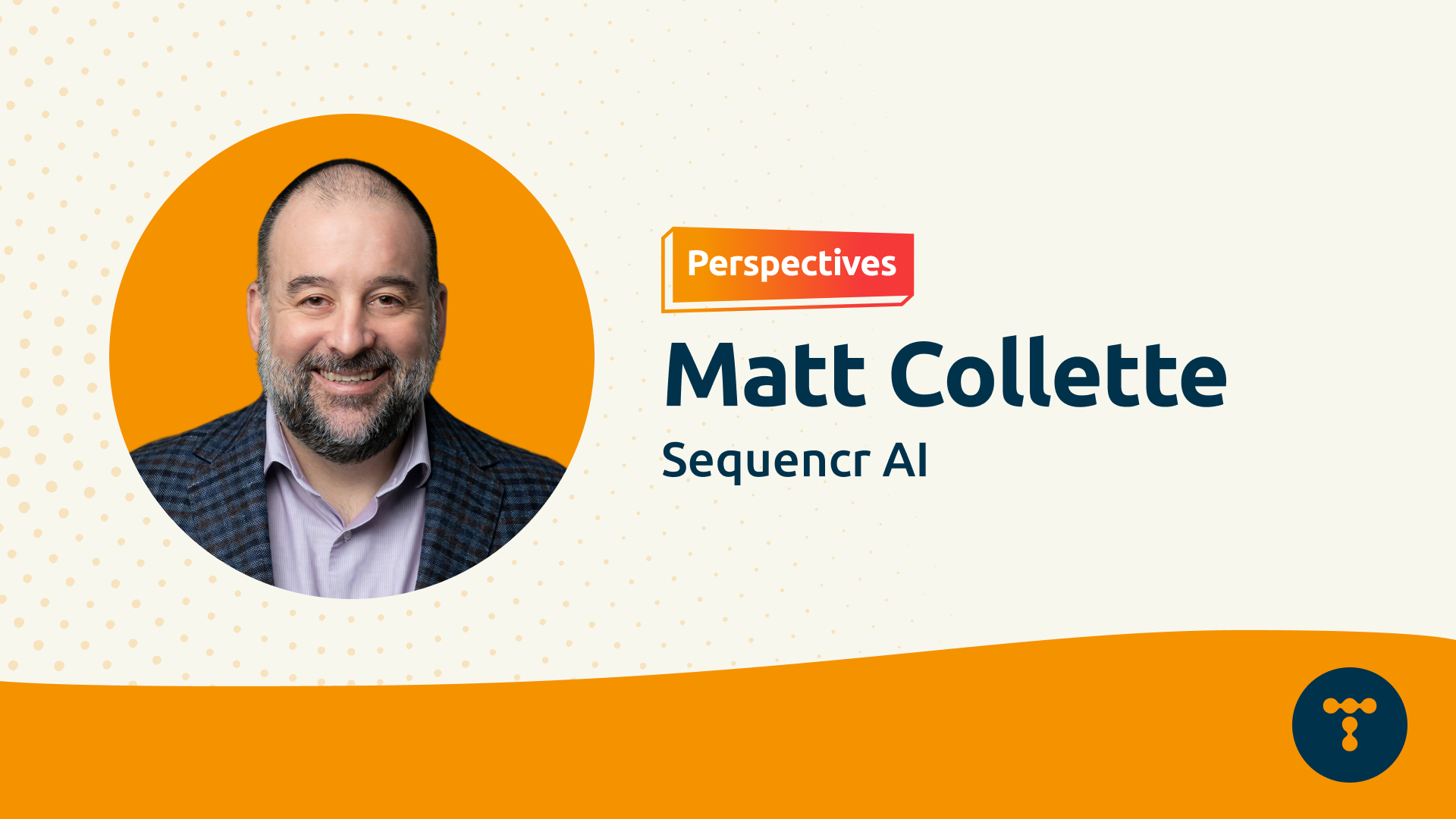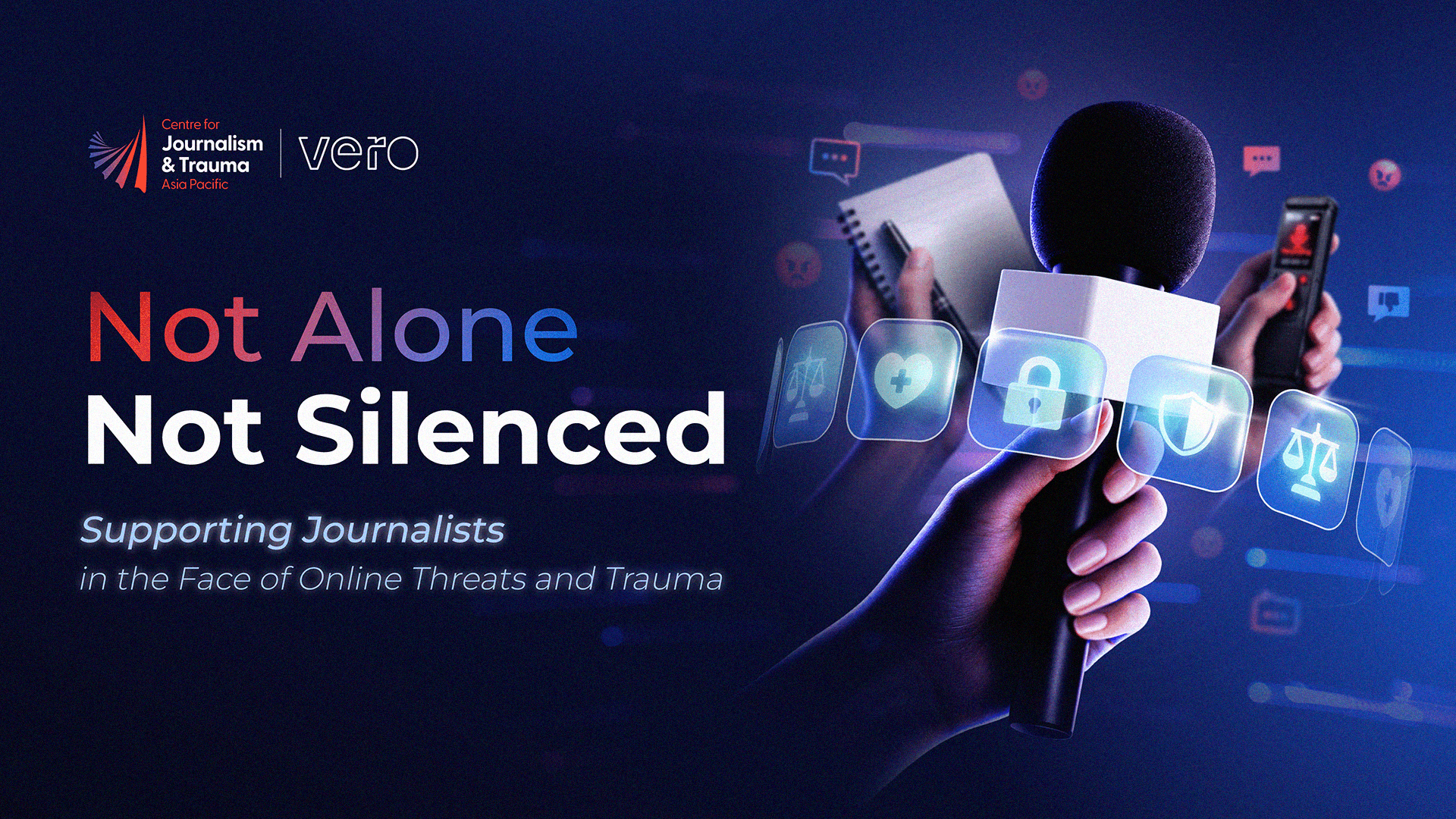I threw on one of my regular podcasts to reset my focus and maybe learn something useful. The guest that day was Aswath Damodaran, Professor of Finance at NYU's Stern School of Business, better known as the Dean of Valuation for his decades of work on how companies are priced, positioned, and perceived.
It had been less than a year since ChatGPT 3.5 launched, and the world was at peak Gen AI curiosity. Every earnings call seemed to include a dozen references to how generative AI would unlock new levels of productivity and profitability, leading to new advantages for these organisations.
During that podcast, Damodaran said something that cut through for me:
'If everyone has AI, nobody has it.'
What he meant was this: If every company has access to the same powerful AI tools (ChatGPT, Copilot, etc), then the tools themselves don't create a lasting advantage. The playing field doesn't tilt, it flattens. We are all still competing on the same terms.
I haven't stopped thinking about that line since. Because under all the excitement, the obsession on the tools, the demos, the quarterly guidance, the bold predictions, and the growing valuations it surfaces an important insight: access to AI doesn't automatically create advantage.
Two years on, Damodaran's point is holding up. A lot of companies are using Gen AI: according to McKinsey's 2025 State of AI report, 78 per cent of organisations now use AI in at least one business function. Yet the same report shows that only one per cent of executives consider their Gen AI deployments 'mature'. Few of them have created strategic advantage from it.
The story is similar in communications. A study from WE Communications and USC Annenberg found that 66 per cent of practitioners are using Gen AI frequently. While increased usage is encouraging, the vast majority of comms teams and agencies still lack a clear strategy for how AI will enhance their strengths or drive sustained, differentiated impact.
So, what should you be thinking about to build lasting advantage? Here are the core areas communications leaders need to address to move on from frequency of use:
- Proficiency remains low - A recent report from Section shows that only one per cent of AI users are considered experts, while more than 80 per cent are novices or experimenting, and 12 per cent are AI sceptics. Building proficiency is about understanding the capabilities of these tools beyond chatting with them. From using memory and custom instructions to things like code interpreter, deeper fluency expands usage beyond surface-level tasks.
- You're Thinking Too Small - Generative AI's strengths lie in its ability to consume vast amounts of information, synthesise it, and find meaningful relationships between ideas. These capabilities unlock applications from prediction and simulation to mimicry, memory and much more. For communications teams, that means AI is a tool that can be used to gain advantage and deliver greater impact and scale.
- Models use - Choosing which Gen AI models to use, and how they're deployed, is a strategic and reputational decision. Many teams default to public tools without considering how those models were trained, how adaptable they are to your brand, or whether they store or expose proprietary inputs. Communications teams should ask: What biases do these models have? How are those biases being represented in the world on behalf of our brand? Do we need private models hosted securely? Do our vendors use models that retain prompts and data? The choice of model impacts everything from brand safety and reputation to reliability. At the functional level, comms teams must ensure the models they use internally are tuned to their needs: trained on past campaigns, aligned with tone and messaging, and capable of generating impact. Custom models fine-tuned for media relations, narrative development and issue response will outperform generic tools, if built and deployed intentionally.
- Agents are here - With OpenAI's launch of Agent Mode, we can officially say that agents are going mainstream this year. Communications leaders need to define how and where agents will be applied. From monitoring and reporting to briefing preparation and content routing, agents can drive real efficiency, but only if their purpose, scope, and oversight are clearly mapped.
- Building Future Teams - Human + AI is the new paradigm, especially in a function as nuanced and business-critical as communications. As Gen AI becomes part of how work gets done, the demands on comms will only increase. Leaders need to start shaping what future teams will look like, and how they'll enable their people to succeed. That includes embracing new capabilities, defining evolving roles, creating space for career growth, and adjusting KPIs to incentivise the right outcomes.
- Comms is entering a new era of relevance - Generative AI is creating a new layer between companies and their audiences, one that interprets, summarises, and editorialises information before a human ever reaches your owned channels. Communications teams need a clear point of view on what they will and won't own in this new environment. Gen AI search is a leading example: studies show that nearly 75 per cent of traffic from Gen AI search results points to content-rich assets created by comms teams - newsroom pages, blogs, executive commentary, etc. In a world of zero-click journeys, where users receive AI-generated answers without visiting your site, comms can be responsible for shaping how their brands are interpreted and editorialised by the models delivering those answers.
- Comms teams need a data strategy - If you want Gen AI to deliver differentiated value through simulation, prediction or insight, it needs relevant, contextual data. That includes media coverage, messaging archives, sentiment trends, campaign results, and stakeholder feedback. A data strategy ensures you are collecting that data and training models so that outputs are relevant, reputationally aware, and aligned with your goals.
- Governance is still unclear - Only 29 per cent of communications professionals say their organisation has formal governance in place for AI use. Without clear policies, comms teams face risk: inconsistent tone, shadow AI use, and under-leveraged tools. But governance goes beyond how AI is used - it also defines how AI will shape the content, narratives and outputs a company puts into the world. Without it, you're outsourcing your brand's reputation.
- Measurement and ROI from AI - A strong AI strategy requires more than intent. Communications teams need to define which outcomes matter most: faster content development, improved message alignment, better issue detection, or increased narrative consistency. But just identifying the right KPIs isn't enough. Teams also need systems to track, compare and validate those outcomes reliably over time. Without measurement infrastructure, there's no way to prove value, or course-correct when AI isn't delivering.
And the opportunity is still wide open. Because when everyone has access to the same tools, the advantage isn't in the technology, it's in the clarity of purpose behind how you use it. Gen AI is here. Strategic advantage is still up for grabs.
Matt Collette is CEO at Sequencr AI, a consultancy focused on helping comms and marketing teams tackle the above challenges individually or all at once. Whether it's defining a data strategy, training custom models, or showing teams what's possible with Gen AI, Matt has seen firsthand how quickly advantage takes shape when strategy and experimentation meet.



